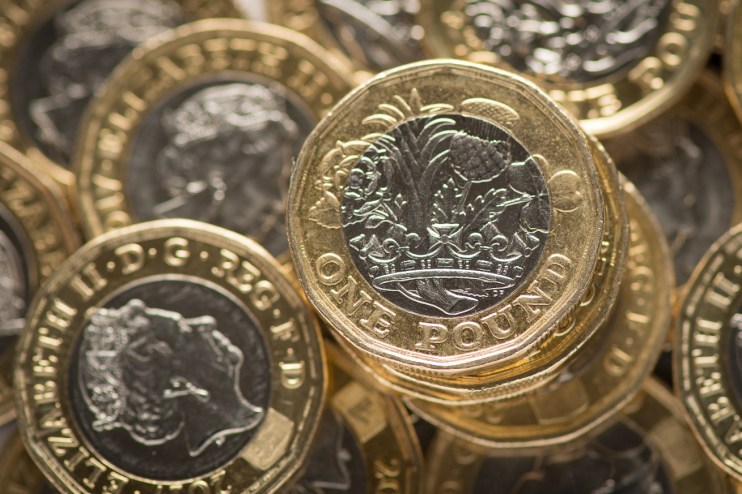Pound’s strength against the dollar risks ‘damage’ to UK’s competitiveness

The pound reaching its highest level in over two years against the dollar risks damaging the international competitiveness of the UK, City analysts have warned.
Sterling now sits at $1.34, its highest since February 2022 and far from its low point of $1.03 in the days after Liz Truss’ mini budget.
However, while the strength of the pound might seem positive at face value, economists have warned that the underlying reasons behind the surge might not be so rosy.
“As the fourth largest exporter in the world, the recent rise in sterling is rather unwelcome to the UK as it has a potential to damage international competitiveness,” stated Ross Yarrow, managing director of equities at Baird.
The recent strength in the pound is largely based on forecasts that the Bank of England will struggle to cut interest rates much lower, compared to the US Federal Reserve which is expected to aggressively slash rates.
“American central bankers are overtly dovish, while their British counterparts are cautiously hawkish,” explained George Lagarias, chief economist at Forvis Mazars.
“Markets are now pricing in three more cuts by the end of the year, a total of five in the US. The Bank of England, in contrast, has chosen a much more careful language around inflation, allowing markets to price in two to three cuts.”
This has pushed up the price of the pound as traders rush to get higher interest rates here in the UK than across the pond, even though the rest of the UK is crossing its fingers for a few more cuts.
“While the pound reaching $1.40 may be good for holidaymakers, it would not be such good news for mortgage holders,” said Matthew Amis, investment director at Abrdn.
However, the pound’s surge isn’t just down to the Fed, as while it is up five per cent against the dollar since the start of the year, it is also up 3.6 per cent compared to the euro, noted Alex Crooke, portfolio manager of The Bankers Investment Trust.
Part of the strength has come from the UK “starting to attract international capital both buying gilts and equities”, he said, along with a stable government for the next five years that contrasts the unknown political situation abroad.
So, where will the pound go from here? Economists agree what will decide it: It’s the budget, stupid.
“Between now and November, Rachel Reeves will deliver her first Budget, this will be fundamental to how the Bank of England positions itself going into 2025,” said Abrdn’s Amis.
“The UK is currently winning its battle with elevated levels of inflation but isn’t out of the woods yet. Reeves needs to be careful not to relight this fire.
“If she does, the result will be interest rates at higher levels for longer and a stronger pound.”